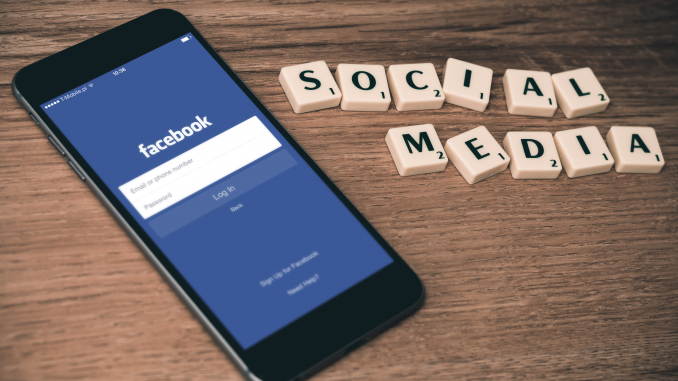
Opening Insights
Facebook Wants Great Power, But What About Responsibility? : All Tech Considered : NPR
February 19, 2017 2:41 PM ET
Heard on Morning Edition
Aarti Shahan
Informational Insights
The chief of Facebook made an ambitious announcement last week, though it would have been easy to miss. It came Thursday afternoon — about the same time that President Trump held his news conference. While the reality-TV icon is a genius at capturing our attention, the technology leader’s words may prove to be more relevant to our lives, and more radical.
Mark Zuckerberg posted a nearly 6,000-word essay to his page, entitled “Building Global Community.” Many are calling it a “manifesto.” His ambitions are global and his tone, altruistic. Zuckerberg writes: “Our greatest opportunities are now global — like spreading prosperity and freedom, promoting peace and understanding, lifting people out of poverty, and accelerating science. Our greatest challenges also need global responses — like ending terrorism, fighting climate change, and preventing pandemics.”
Zuckerberg speaks to people who dream of global citizenship, a borderless utopia that many political leaders around the world don’t seem to be offering. “In times like these, the most important thing we at Facebook can do is develop the social infrastructure to give people the power to build a global community that works for all of us,” he writes.
And to build this global community, Zuckerberg encourages us to shift how we think about Facebook: stop looking at the app as a means of recreation. Instead, think of it as the way you connect to others — for work or for play. You can use it as a medium to let the world know about your startup or to recruit parishioners to your church or to announce your presidential campaign or to manage a multinational disaster relief effort. “Going forward, we will measure Facebook’s progress with groups based on meaningful groups, not groups overall,” he writes. He adds that the strengthening of “meaningful online communities” will “strengthen our social fabric.”
It sounds noble, but behind that alluring vision is a profound power grab delivered by a savvy politician, say critics. At its core, Zuckerberg’s essay reads like a call to give up our open access to the Internet and the freedom that exists in a marketplace with real competition. Rather, Facebook wants us to step into its walled garden — where a handful of company chieftains set the rules — and live our social, economic, and religious lives inside it.
What he doesn’t address in his essay, however, are the responsibilities that come with this power.
Possibilities for Consideration
Take for example, disaster relief. A well-intentioned nonprofit could try to use Facebook to let refugees fleeing conflict know about safe places to go to for food and water. Now, a group of human traffickers, posing as well-meaning citizens, could do the same. What kinds of resources will Facebook invest in verifying what’s real versus fake?
Take a moment and examine…
- As you reviewed the material above, what stood out to you?
- What is the potential impact, economically and/or socially?
- What action is needed to stop or support this idea?
- You may want to consider whether you:
- want to be aware of,
- should become supportive of,
- would want to be active in this topic?
Add Your Insight
I have been impressed with the urgency of doing. Knowing is not enough; we must apply.
Being willing is not enough; we must do.
LEONARDO DA VINCI
